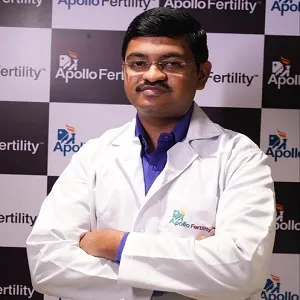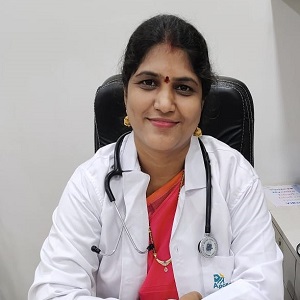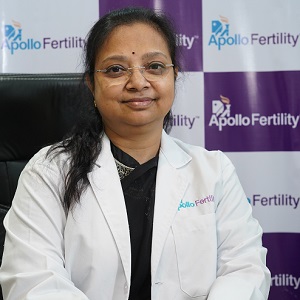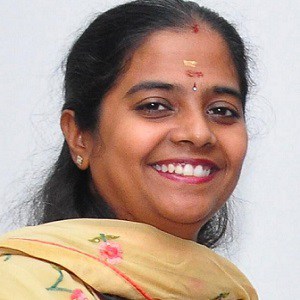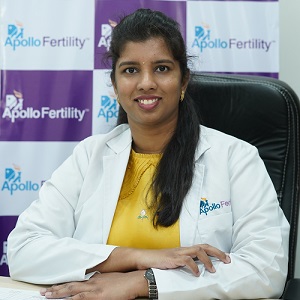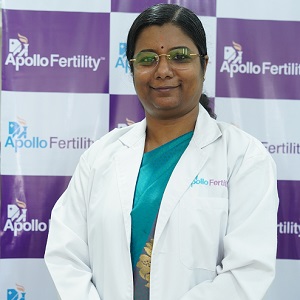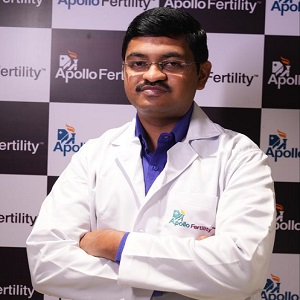Our Doctors
DR. JAYASHREE NATARAJAN
MBBS, MS OBGYN, FRM...
| Experience | : | 7 Years Yeras Experience |
|---|---|---|
| Speciality | : | Obstetrics and Gynae... | Location | : | Karapakkam |
| Timings | : | Mon - Sat : 10:00 AM... |
DR JANANI IYER
MBBS, MD, FRCOG(UK),...
| Experience | : | 25 Years Yeras Experience |
|---|---|---|
| Speciality | : | Obstetrics and Gynae... | Location | : | Karapakkam |
| Timings | : | Mon - Sat : 09:00 AM... |
DR. DHIVYAMBIGAI G R
MBBS, DNB (Obst. Gyn...
| Experience | : | 15 Years Yeras Experience |
|---|---|---|
| Speciality | : | Obstetrics and Gynae... | Location | : | Karapakkam |
| Timings | : | Mon - Sat : 09:00 AM... |
DR. KANIMOZHI K
MD(OG), M.CH. Reprod...
| Experience | : | 18 Years Yeras Experience |
|---|---|---|
| Speciality | : | Obstetrics and Gynae... | Location | : | Anna Nagar |
| Timings | : | Only By Appointment:... |
DR. PREETHI
MBBS, MD(OG), MRCOG,...
| Experience | : | 13 Years Yeras Experience |
|---|---|---|
| Speciality | : | Obs & Gyn Infertilit... | Location | : | Anna Nagar |
| Timings | : | Mon - Sat : 9:00 AM ... |
DR. PARIMALALM RAMANATHAN
MD(OG), DNB, MRCOG(U...
| Experience | : | 20 Years Yeras Experience |
|---|---|---|
| Speciality | : | Obstetrics and Gynae... | Location | : | Karapakkam |
| Timings | : | Mon, Wed & Fri : 5:0... |
DR. VILVAPATHY S KARTHIKEYAN
MS (GENERAL SURGERY)...
| Experience | : | 14 Years Yeras Experience |
|---|---|---|
| Speciality | : | Urologist... | Location | : | Karapakkam |
| Timings | : | Sat : 09:00 AM to 11... |
DR. SANDHYARANI CHAGAM
MBBS, DGO, MRCOG...
| Experience | : | 12 Years Yeras Experience |
|---|---|---|
| Speciality | : | Obstetrics & Gynaeco... | Location | : | Anna Nagar |
| Timings | : | Mon - Sat : 4:00 PM ... |
DR. HEMALATHA PUGALENDHI
MD(OG), DIPLOMA IN F...
| Experience | : | 29 Years Yeras Experience |
|---|---|---|
| Speciality | : | Obstetrics & Gynaeco... | Location | : | Anna Nagar |
| Timings | : | Only By Appointment:... |
DR. J.A. CHITRA
M.S. OBG, Diploma in...
| Experience | : | 11 Years Yeras Experience |
|---|---|---|
| Speciality | : | Obstetrics and Gynae... | Location | : | Anna Nagar |
| Timings | : | Mon - Sat : 03:00 PM... |
DR. RAMYASREE PARVATHAREDDY
MS(OG), FELLOWSHIP I...
| Experience | : | 8 Years Yeras Experience |
|---|---|---|
| Speciality | : | Obstetrics & Gynaeco... | Location | : | Anna Nagar |
| Timings | : | Mon - Sat : 10:00 AM... |
DR. (MAJOR) UMA MAHESHWARI. M
MD (Ob&Gyn), DRM(Ger...
| Experience | : | 22 Years Yeras Experience |
|---|---|---|
| Speciality | : | Obstetrics & Gynaeco... | Location | : | Anna Nagar |
| Timings | : | Mon - Sat : 11:00 AM... |
DR. VILVAPATHY S KARTHIKEYAN
MS (GENERAL SURGERY)...
| Experience | : | 14 Years Yeras Experience |
|---|---|---|
| Speciality | : | Urology and Male Fer... | Location | : | Anna Nagar |
| Timings | : | Tue & Thur : 05:00 P... |
DR. ANJANA ANNAL
MBBS, MS, DNB OBGYN,...
| Experience | : | 9 Years Yeras Experience |
|---|---|---|
| Speciality | : | Obstetrics & Gynaeco... | Location | : | Karapakkam |
| Timings | : | Mon, Thur & Fri : 4:... |
DR. BRINDA NARAIN KALRO
MBBS, MRCOG, FRCOG, ...
| Experience | : | 30 Years Yeras Experience |
|---|---|---|
| Speciality | : | Reproductive Medicin... | Location | : | Anna Nagar |
| Timings | : | Mon - Sat : 10:00 AM... |
DR. ABDUL BASITH S.F
MBBS, MD(OG), MRCOG,...
| Experience | : | 13 Years Yeras Experience |
|---|---|---|
| Speciality | : | Obstetrics & Gynaeco... | Location | : | Anna Nagar |
| Timings | : | Mon - Sat : 09:30 AM... |
DR. PARIMALAM RAMANATHAN
MBBS,MD(OBG)...
| Experience | : | 2 Years Yeras Experience |
|---|---|---|
| Speciality | : | Obstetrics & Gynaeco... | Location | : | Karapakkam |
| Timings | : | 09:00 - 07:00... |
DR. NITHIYAA JEYAKUMAR
MBBS,DNB(OBG)...
| Experience | : | 10 Years Yeras Experience |
|---|---|---|
| Speciality | : | Obstetrics & Gynaeco... | Location | : | Karapakkam |
| Timings | : | 9:00 AM to 8:00 PM... |
DR. ANJANA ANNAL
MBBS, MS(DNB),MRCOG(...
| Experience | : | 5 Years Yeras Experience |
|---|---|---|
| Speciality | : | Obstetrics & Gynaeco... | Location | : | Karapakkam |
| Timings | : | Mon - Sat : 10:00 AM... |
DR. KEERTHANA ASHWIN
MBBS, MSOG, Fellowsh...
| Experience | : | 8 Years Yeras Experience |
|---|---|---|
| Speciality | : | Obstetrics & Gynaeco... | Location | : | Karapakkam |
| Timings | : | Mon, Tue & Thur : 5:... |

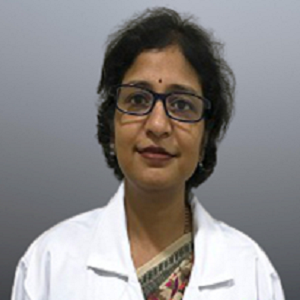
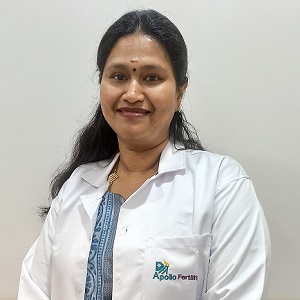
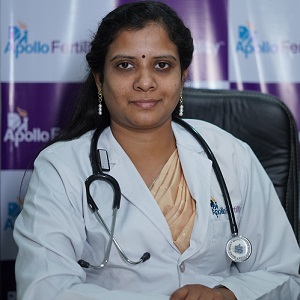
.webp)
